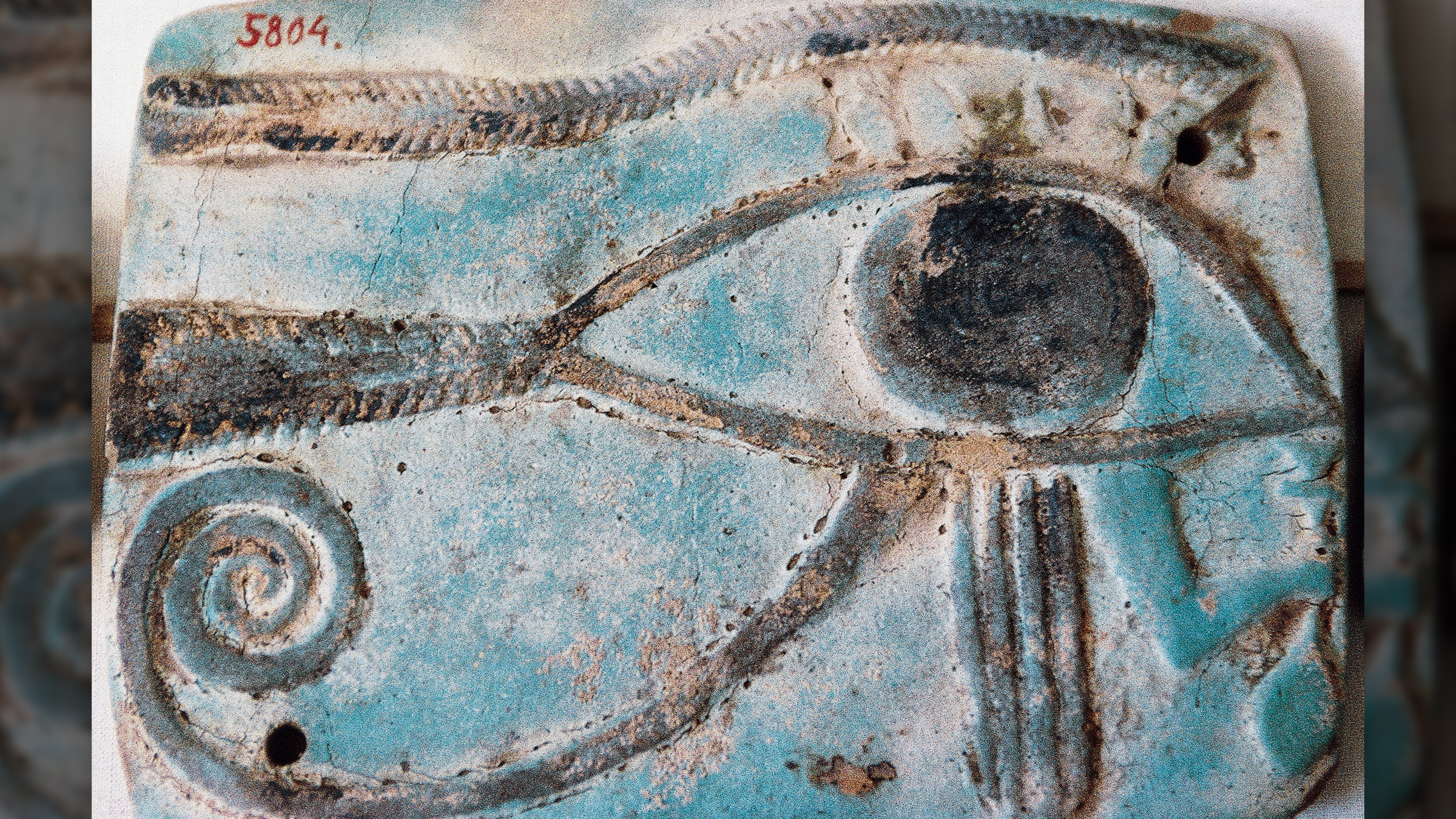
Harry Baker
Harry is a U.K.-based senior staff writer at Live Science. He studied marine biology at the University of Exeter before training to become a journalist. He covers a wide range of topics including space exploration, planetary science, space weather, climate change, animal behavior and paleontology. His recent work on the solar maximum won "best space submission" at the 2024 Aerospace Media Awards and was shortlisted in the "top scoop" category at the NCTJ Awards for Excellence in 2023. He also writes Live Science's weekly Earth from space series.
Latest articles by Harry Baker
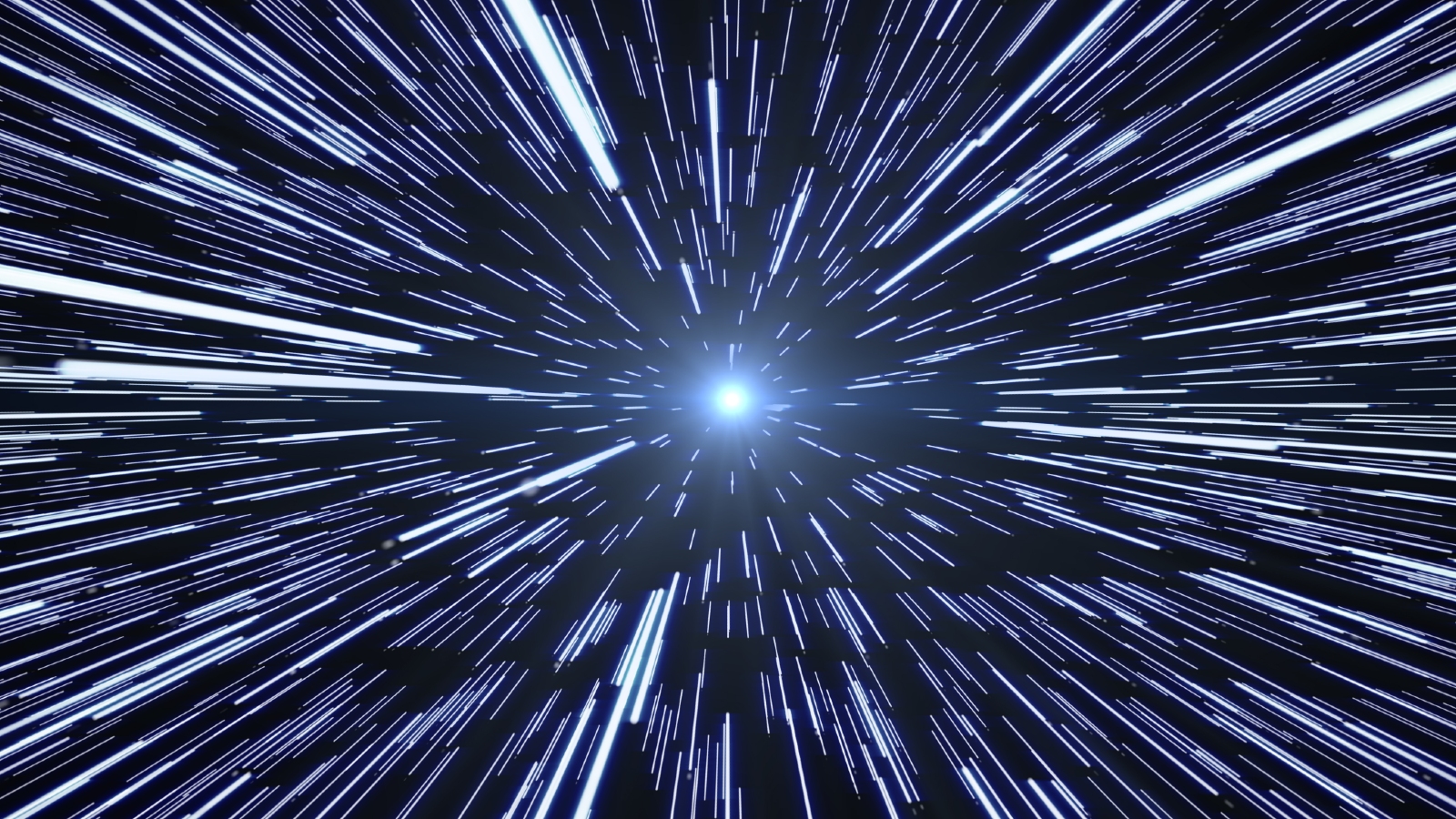
Alien 'warp drives' may leave telltale signals in the fabric of space-time, new paper claims
By Harry Baker published
A new paper suggests that we may be able to spot alien spaceships hopping between distant stars using "warp drives" because the sci-fi-inspired technology would give off specific gravitational waves that are unlike anything else we know about.
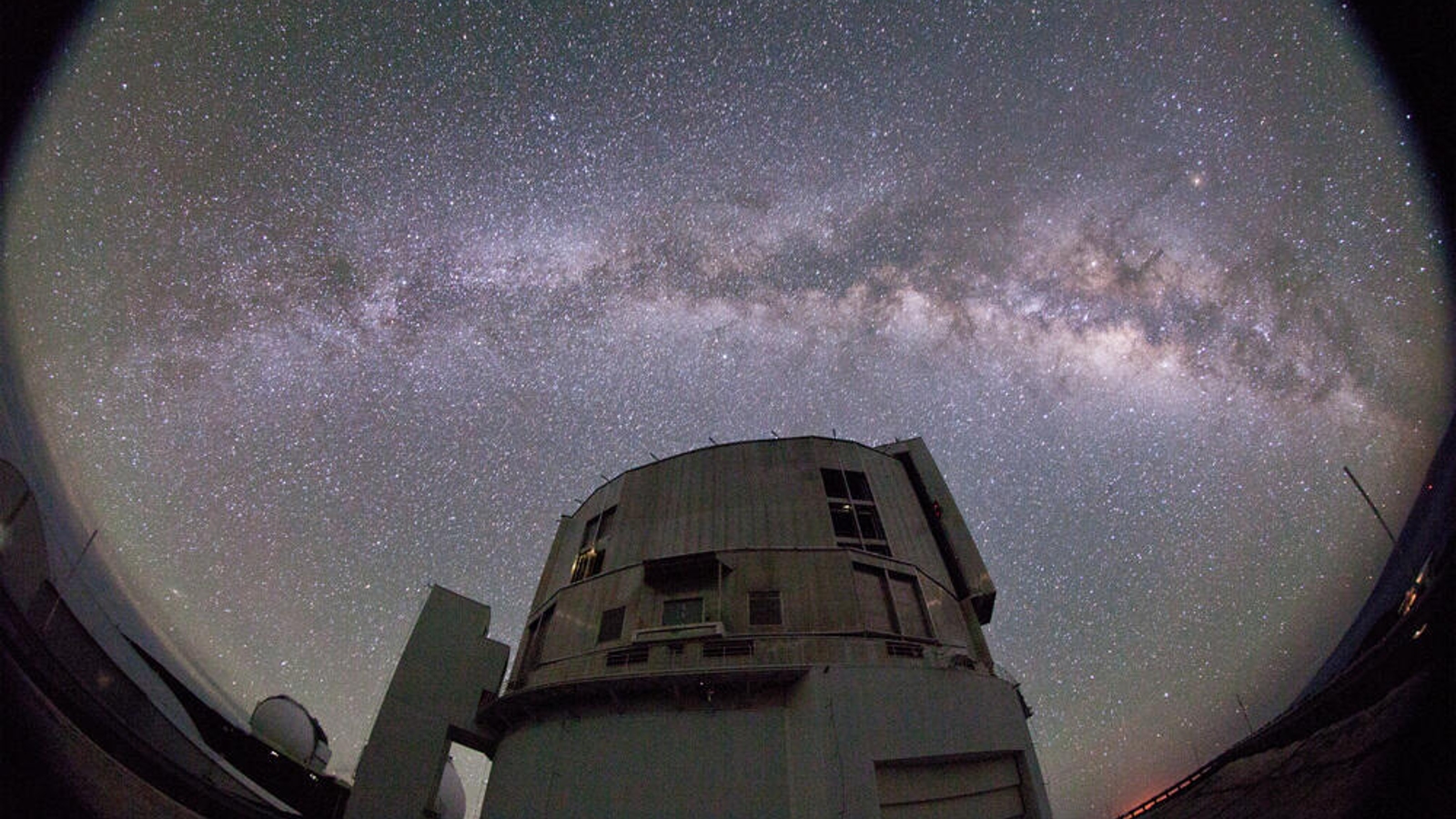
The Milky Way may be surrounded by 'too many' mini galaxies, new discoveries reveal
By Harry Baker published
Astronomers have just discovered two dwarf galaxy candidates orbiting our galaxy. The orientation of these entities suggests there could be up to 500 similar stellar clusters circling the Milky Way, which is more than double previous estimates.
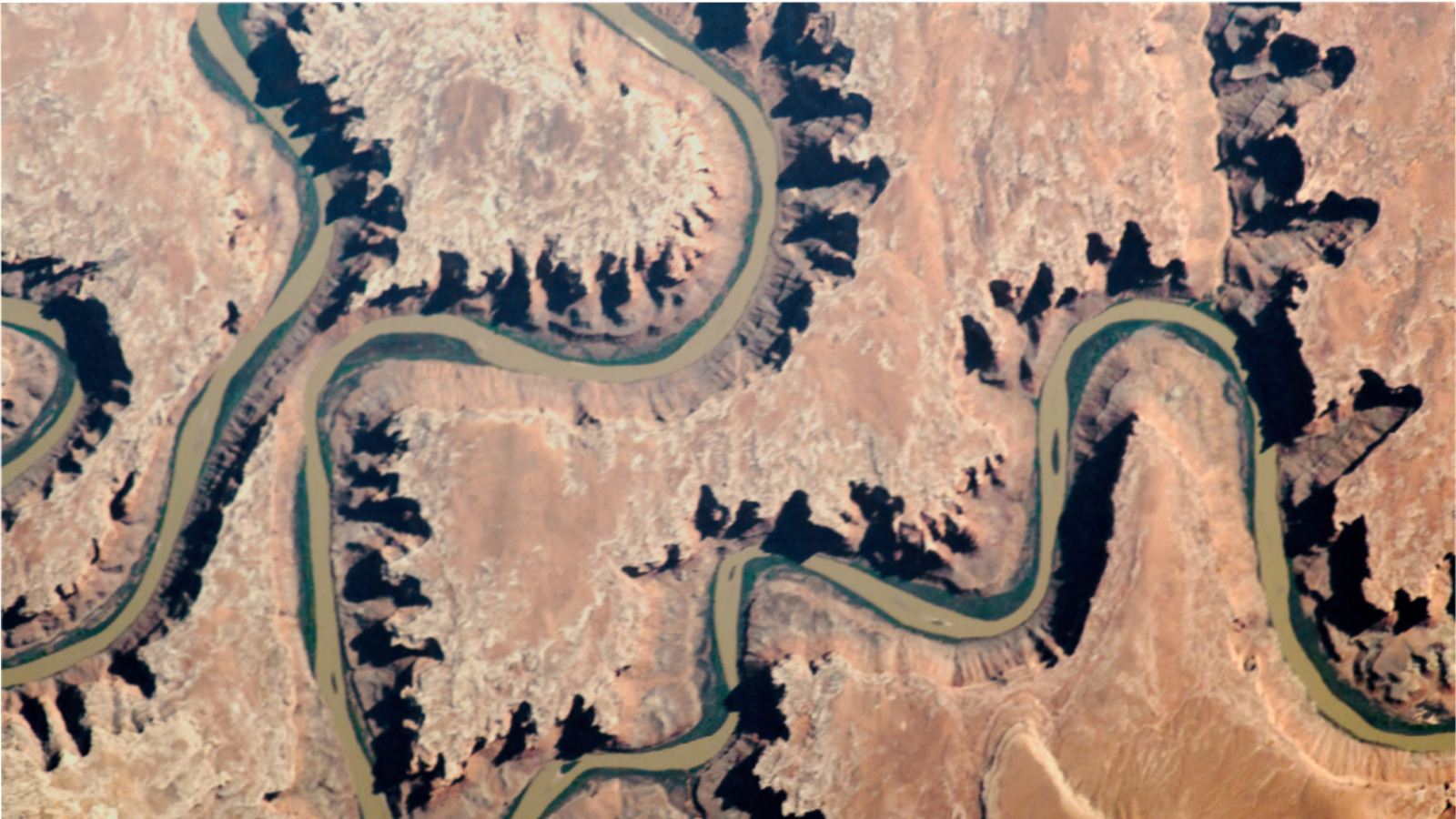
Green River winds through radioactive 'labyrinth of shadows'
By Harry Baker published
Earth from space This 2018 astronaut photo shows a striking section of the Green River as it winds through Utah's "Labyrinth Canyon." The canyon's steep walls cast long shadows that hide many secrets, including caves and abandoned uranium mines.
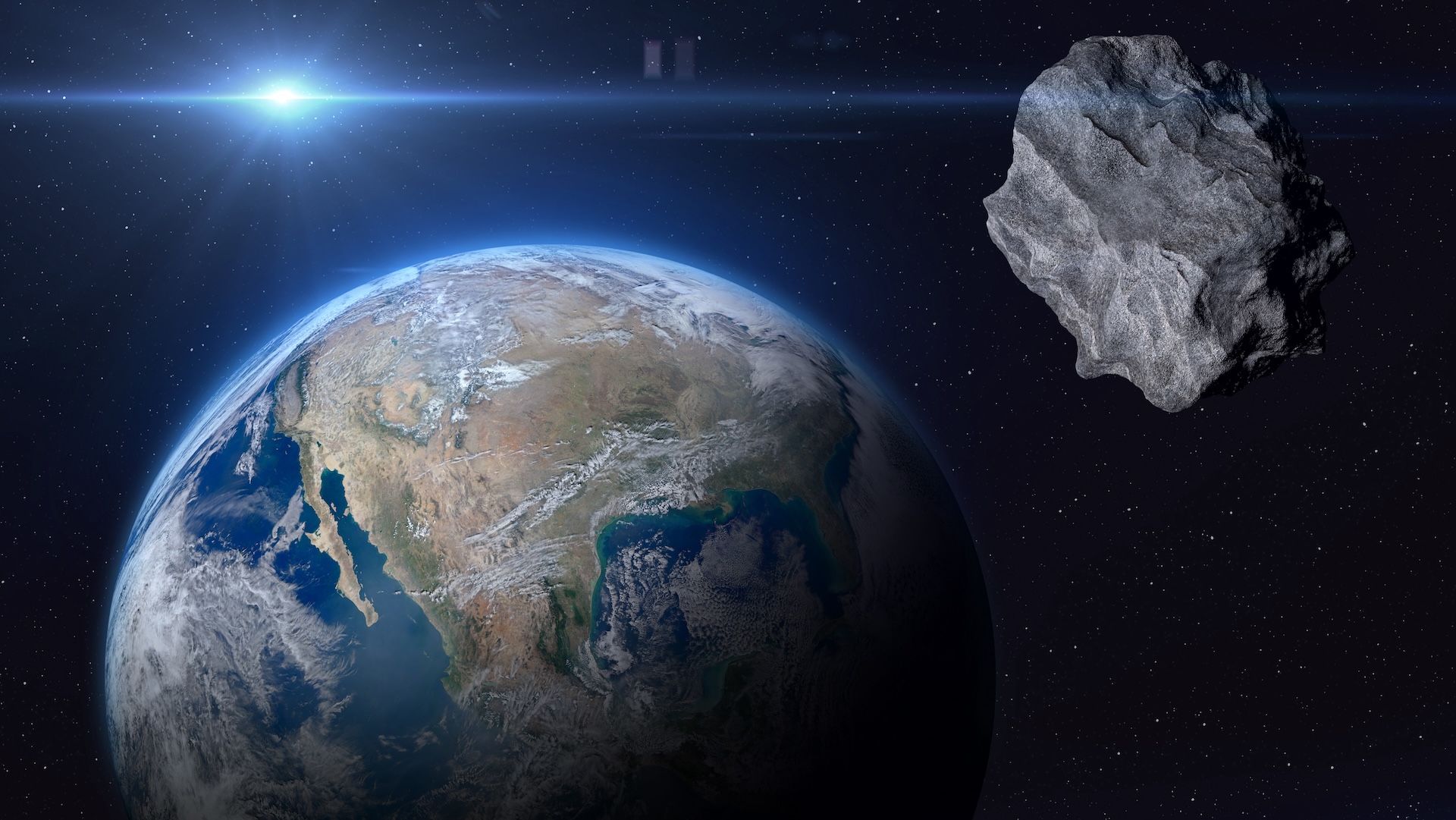
Mountain-size 'planet killer' asteroid will make a close approach to Earth today — and you can watch it live
By Harry Baker last updated
Shorty after 4 p.m. ET today (June 27), the mountain-size asteroid 2011 UL21 will come within 5 million miles of Earth, making it one of the largest space rocks to come that close to our planet for 125 years. Here's how to watch the close encounter live, or see it with a telescope.
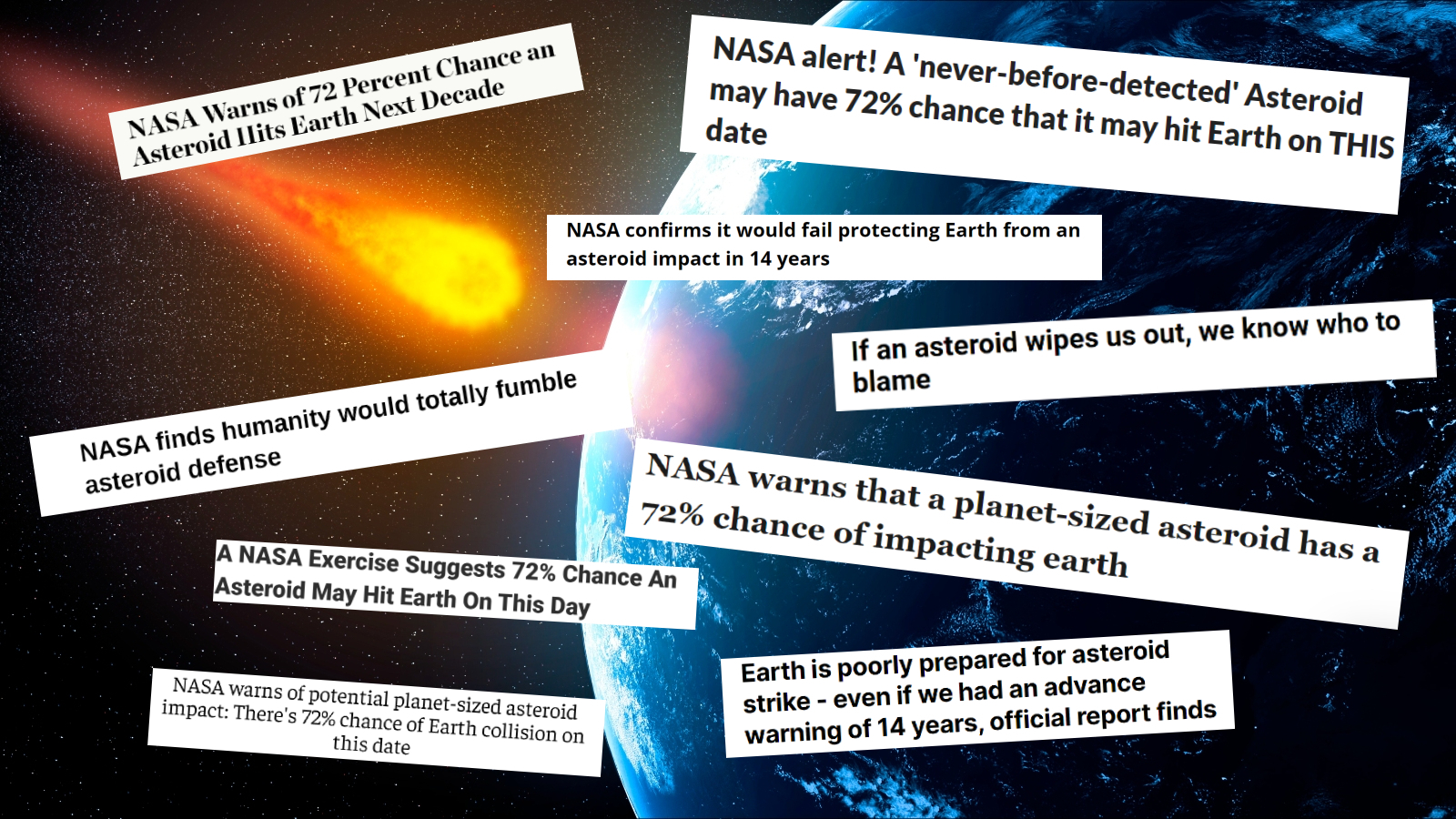
No, NASA hasn't warned of an impending asteroid strike in 2038. Here's what really happened.
By Harry Baker published
Experts from NASA and other international organizations recently simulated their response to a hypothetical asteroid impact scenario. The test was deemed a success. However, several media outlets have misreported the group's findings.
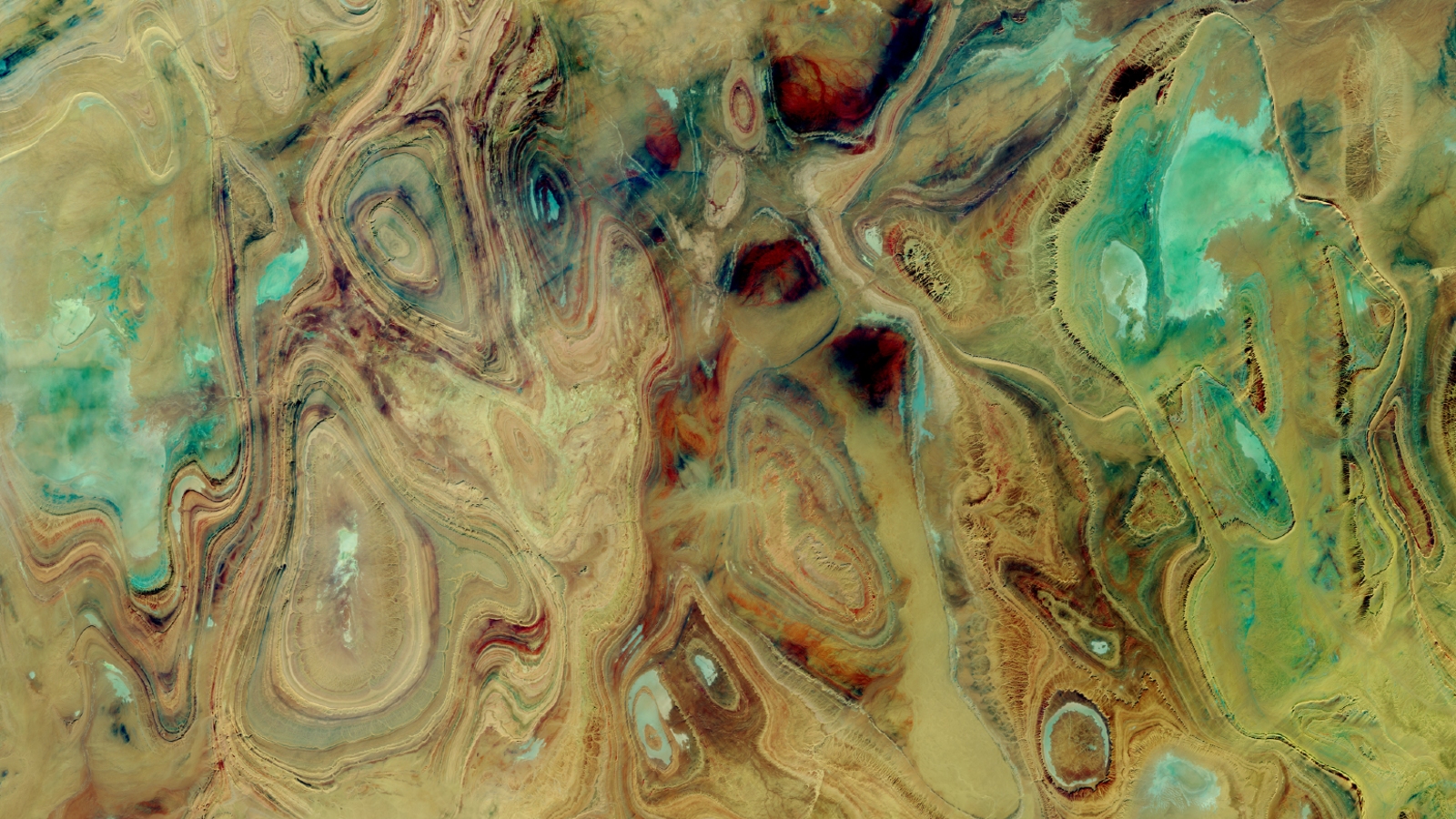
Near-lifeless 'Land of Terror' looks like an alien landscape in the Sahara
By Harry Baker published
Earth from space A 2017 satellite image of the Sahara's Tanezrouft Basin shows the abstract beauty in ancient rock folds and colorful salt flats that have been sculpted in this terrifying region over millions of years.
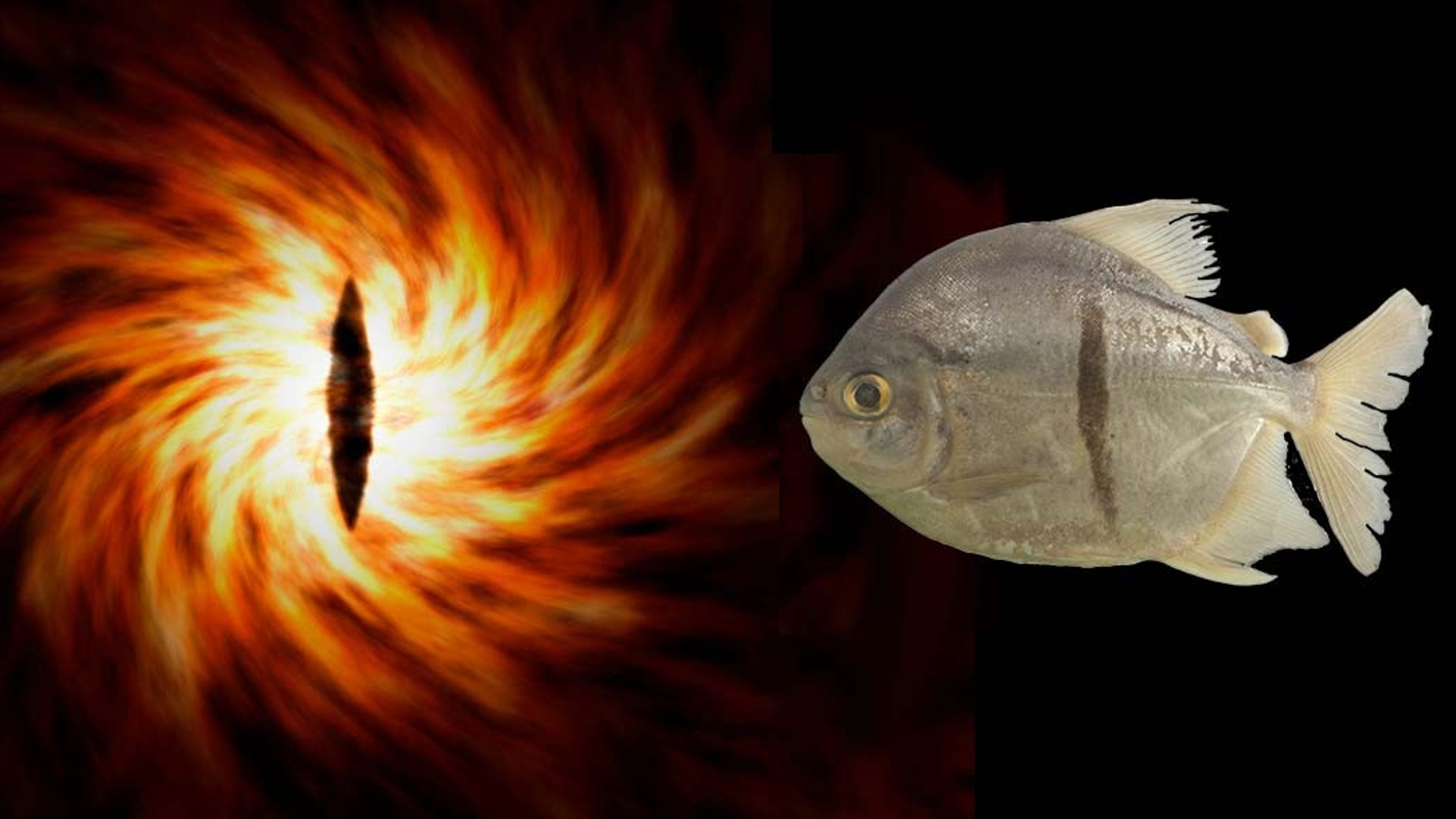
New piranha-like fish with 'human teeth' and Eye of Sauron marking found deep within the Amazon
By Harry Baker published
A new species of piranha-like fish called pacu was recently found hiding in plain sight among several near-identical species in the Amazon River. Researchers have named it after Sauron from "The Lord of the Rings."
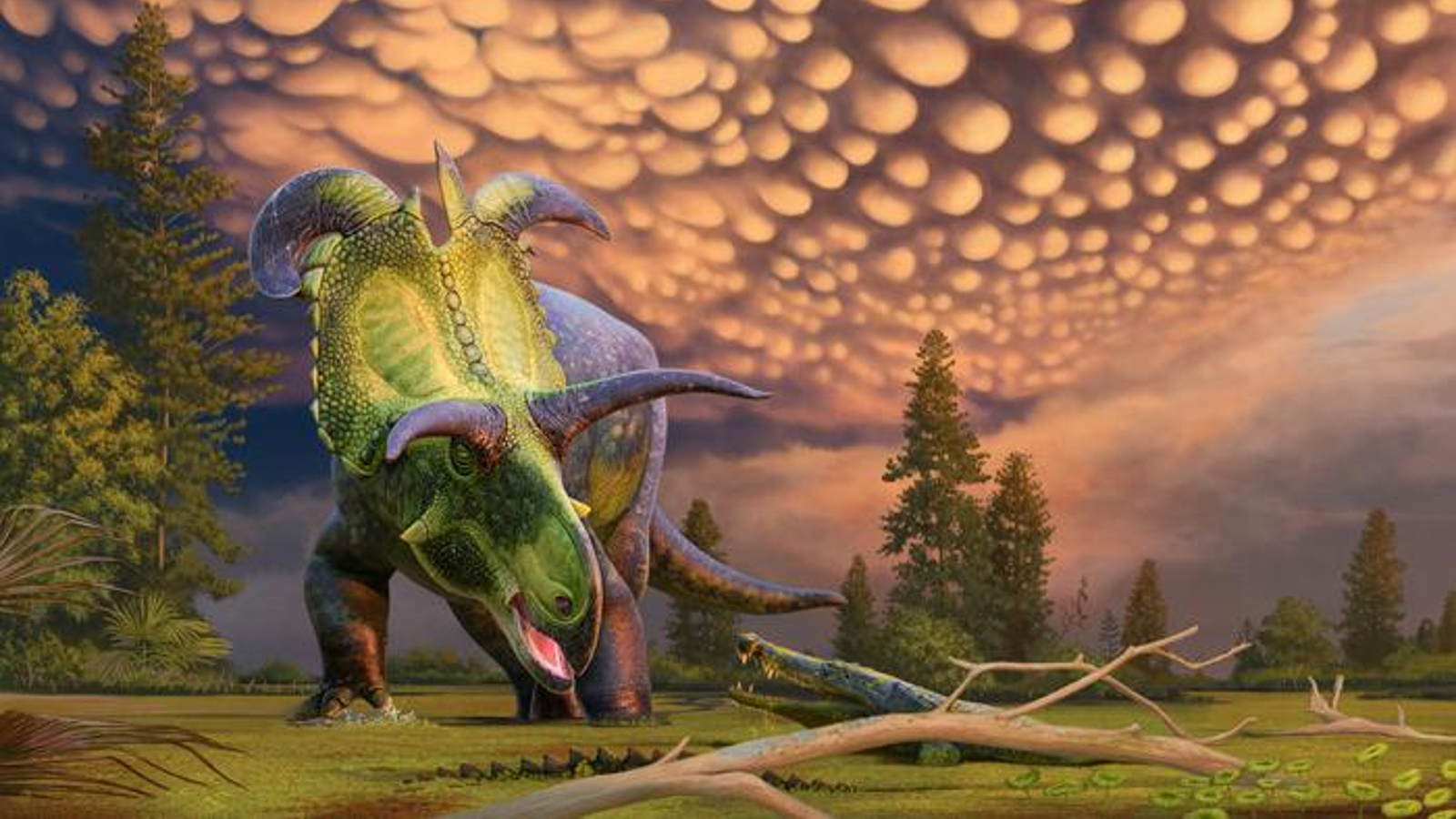
Newfound dinosaur with giant, horned headpiece named after iconic Norse god
By Harry Baker published
A newly identified dinosaur with large, ornate horns on its massive head shield has been named after a famous Norse god who sported a similar headpiece in recent Marvel movies.

This AI-powered robot has worked out how to solve a Rubik's Cube in just 0.305 seconds
By Harry Baker published
Footage shows the record-breaking TOKUFASTbot solving a Rubik's Cube so fast that it appears to happen in a single move. But in reality, advanced AI is helping it rapidly turn the puzzle's colored panels in an imperceptibly fast sequence.
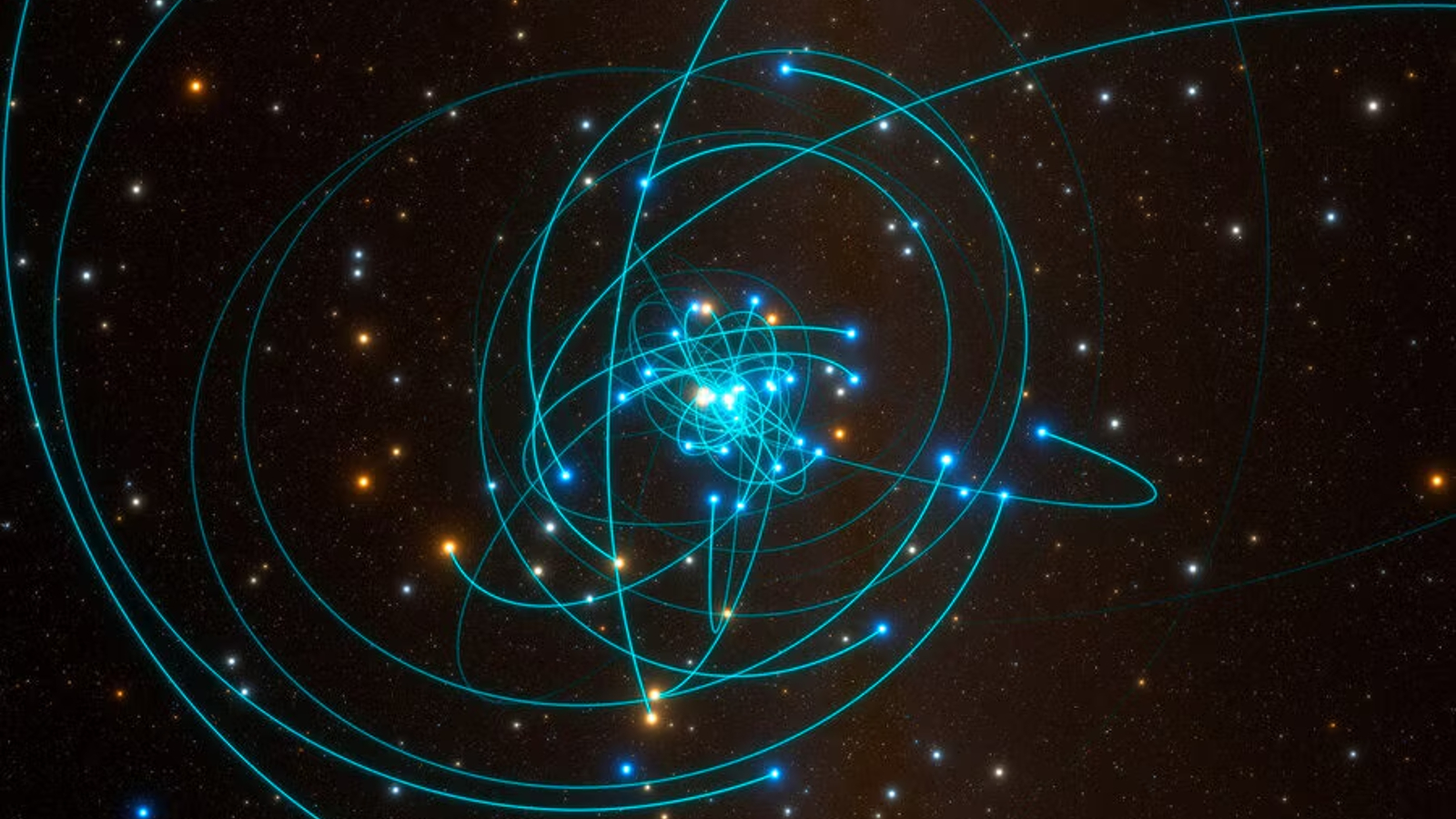
Baby stars that defy explanation are 'swarming like bees' around Milky Way's supermassive black hole
By Harry Baker published
A new analysis of inexplicably young stars orbiting extremely close to the Milky Way's black hole heart reveals that they orbit around the gigantic structure in a surprisingly organized way, similar to swarming insects like bees.
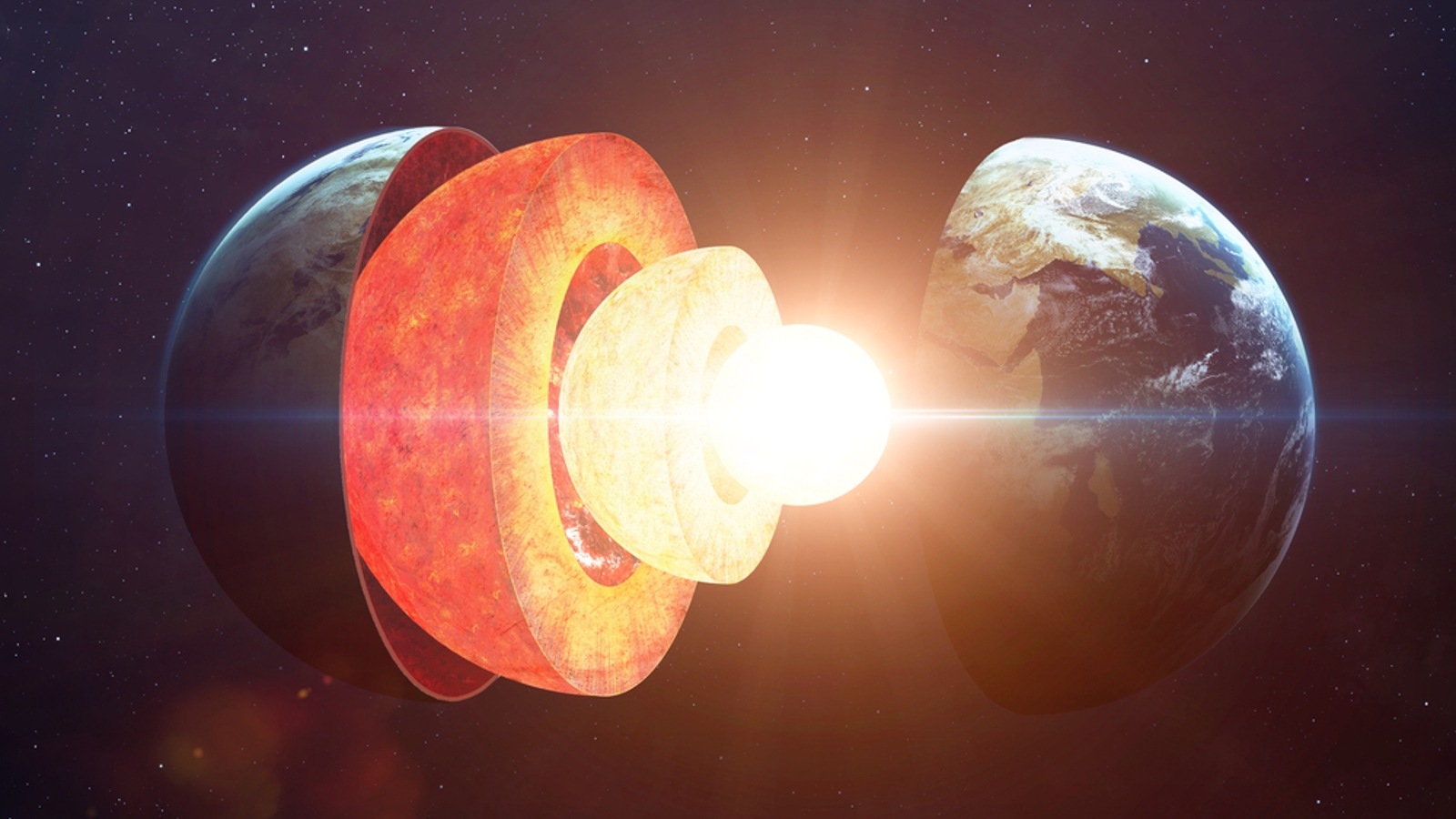
Earth's rotating inner core is starting to slow down — and it could alter the length of our days
By Harry Baker published
A new study confirms that Earth's inner core has been rotating more slowly than usual since 2010. This mysterious "backtracking" could also end up slightly altering the planet's overall rotation, lengthening our days.
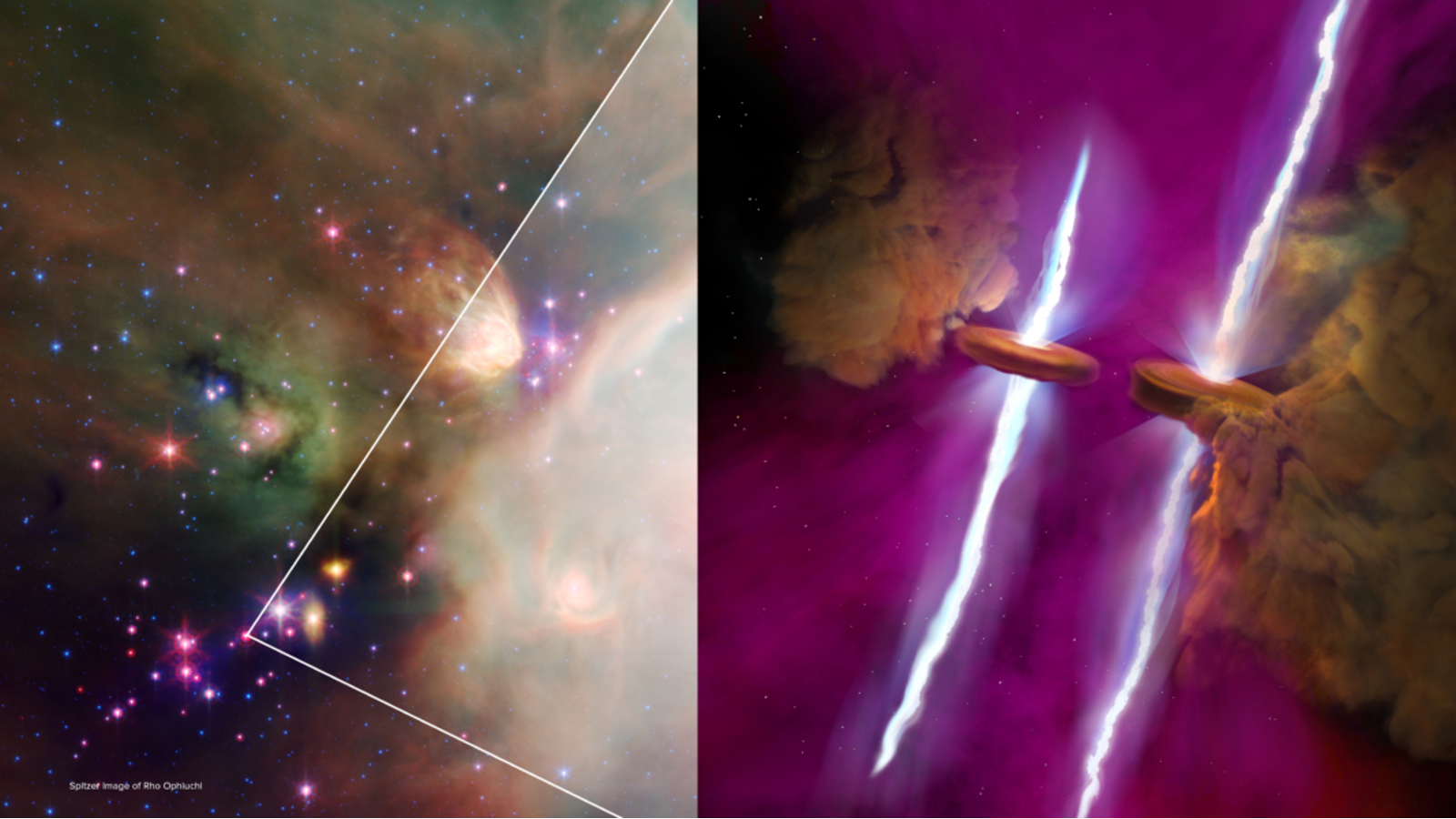
James Webb telescope reveals long-studied baby star is actually 'twins' — and they're throwing identical tantrums
By Harry Baker published
New observations from the James Webb Space Telescope revealed that a distant protostar is actually a pair of baby binary stars that are spitting out parallel energy jets as they gobble up giant disks of gas and dust.

Trio of ringed ice caps look otherworldly on Russian Arctic islands
By Harry Baker published
Earth from space This 2018 satellite photo of ice caps on the Arctic islands of Russia's Severnaya Zemlya archipelago highlights the beautiful concentric rings of color in the ice, which stand out against the islands' barren landscape.
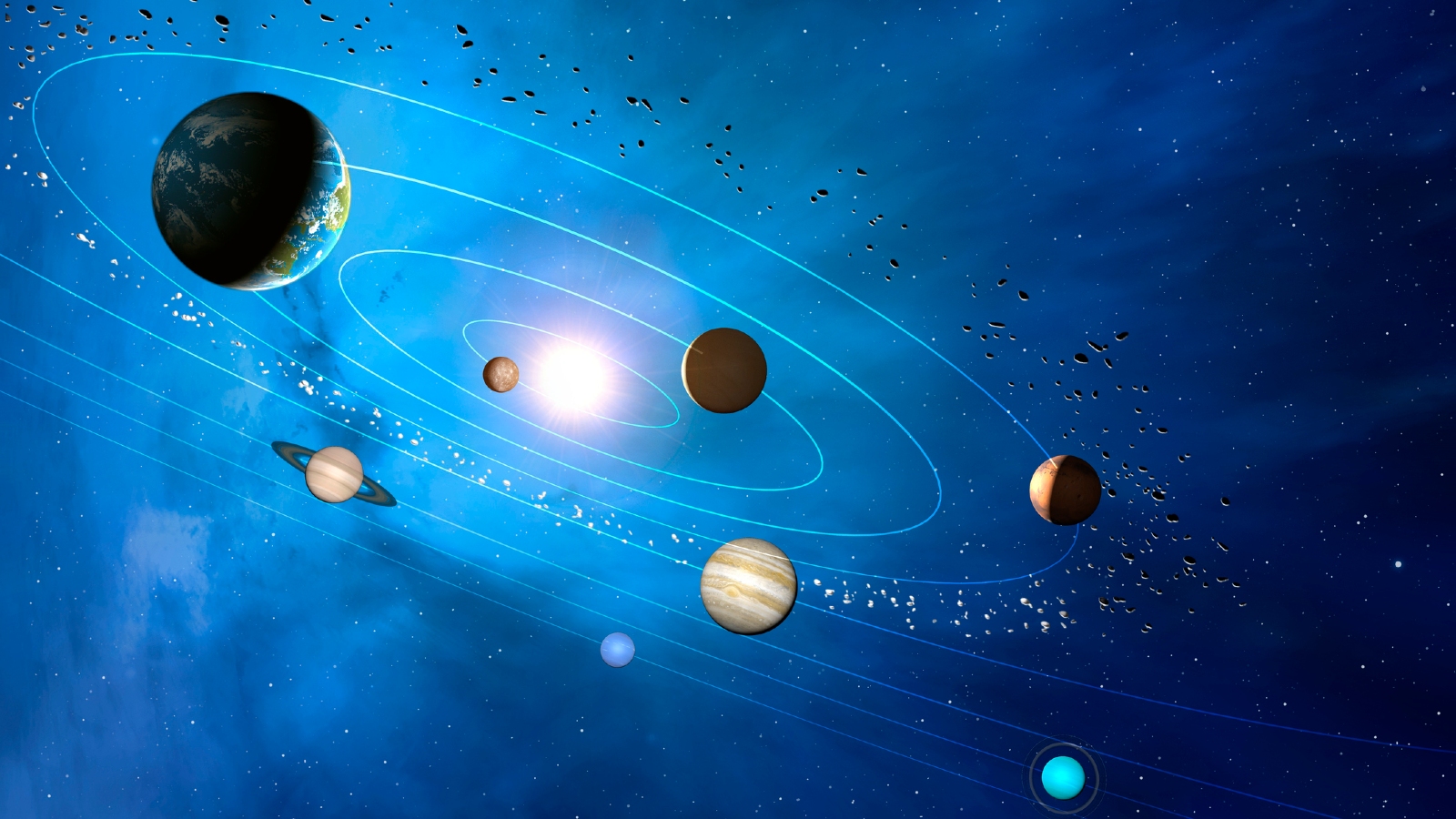
8 strange objects that could be hiding in the outer solar system
By Harry Baker published
The outer solar system is a vast and mysterious place that could be harboring hidden objects we know almost nothing about — from the elusive Planet Nine and baby black holes to interstellar visitors and "planet killer" asteroids.
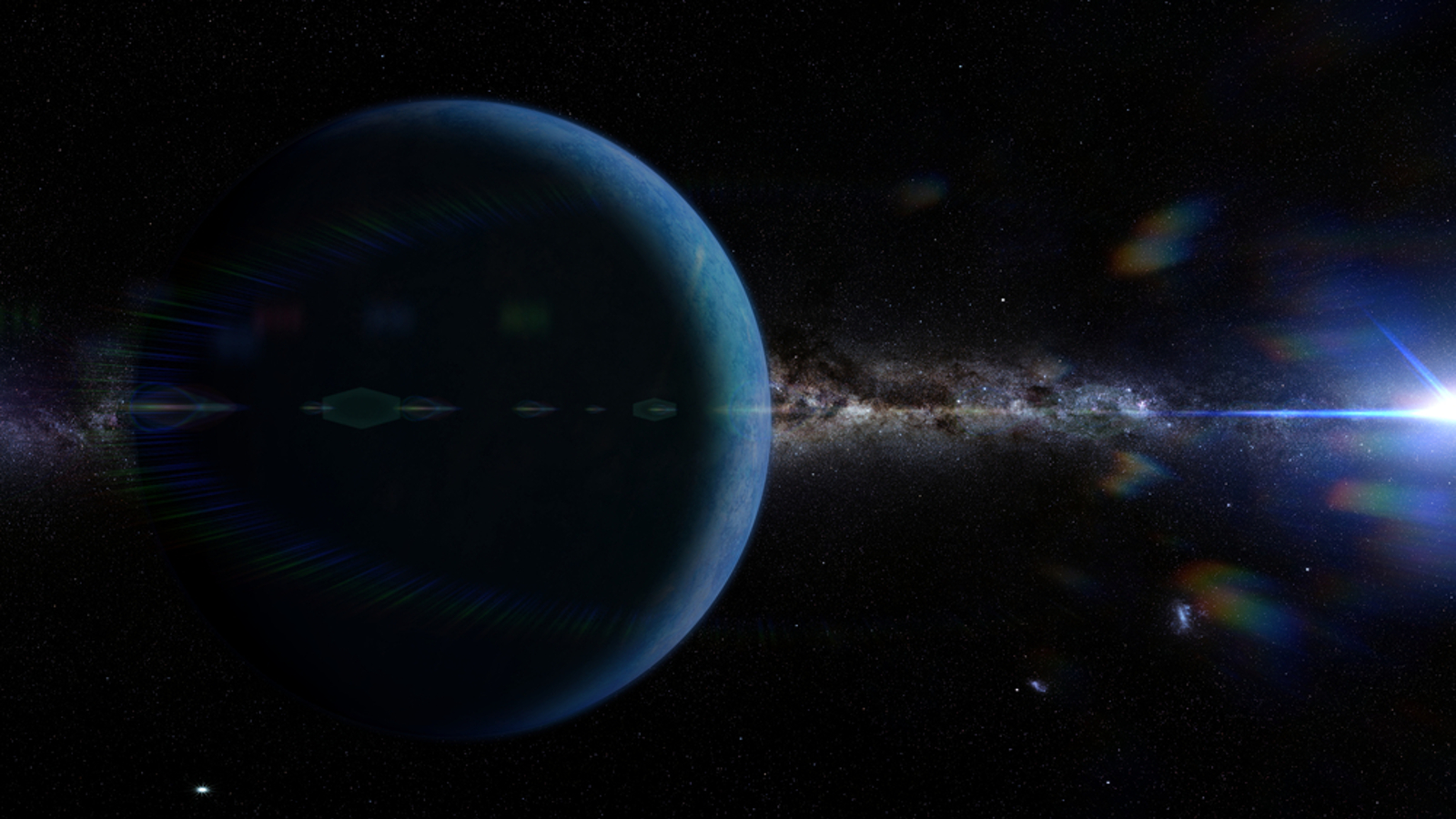
How long would it take to reach Planet 9, if we ever find it?
By Harry Baker published
Some experts believe that the solar system's hypothetical ninth planet could be just a few years away from being discovered. If this is the case, how long would it take for humans to send probes to the elusive world?
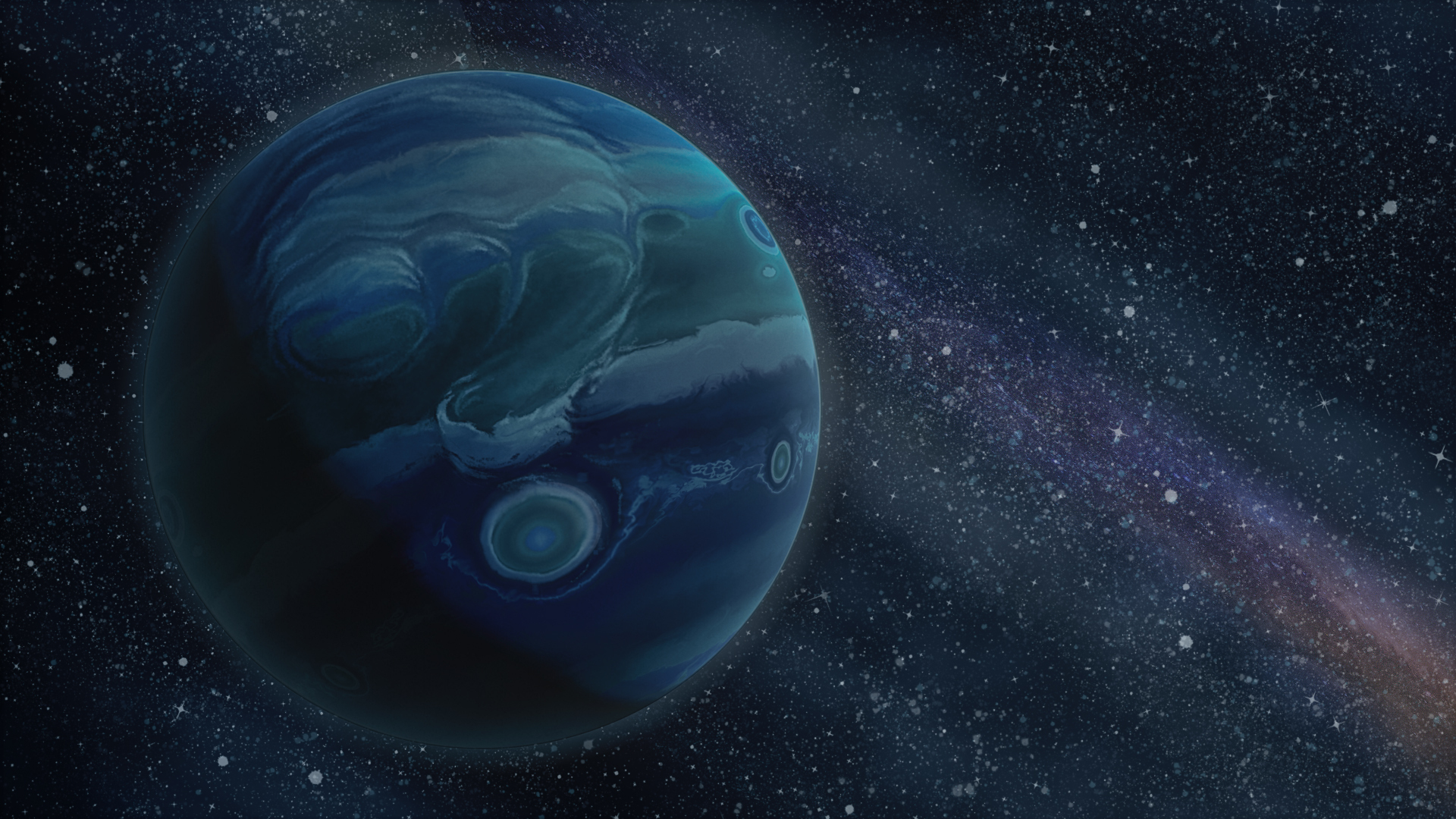
Planet Nine: Is the search for this elusive world nearly over?
By Harry Baker published
Feature Astronomers have been scouring the outer solar system for signs of a hypothetical ninth planet for almost a decade, without success. However, we may finally be on the cusp of finding it, experts say.
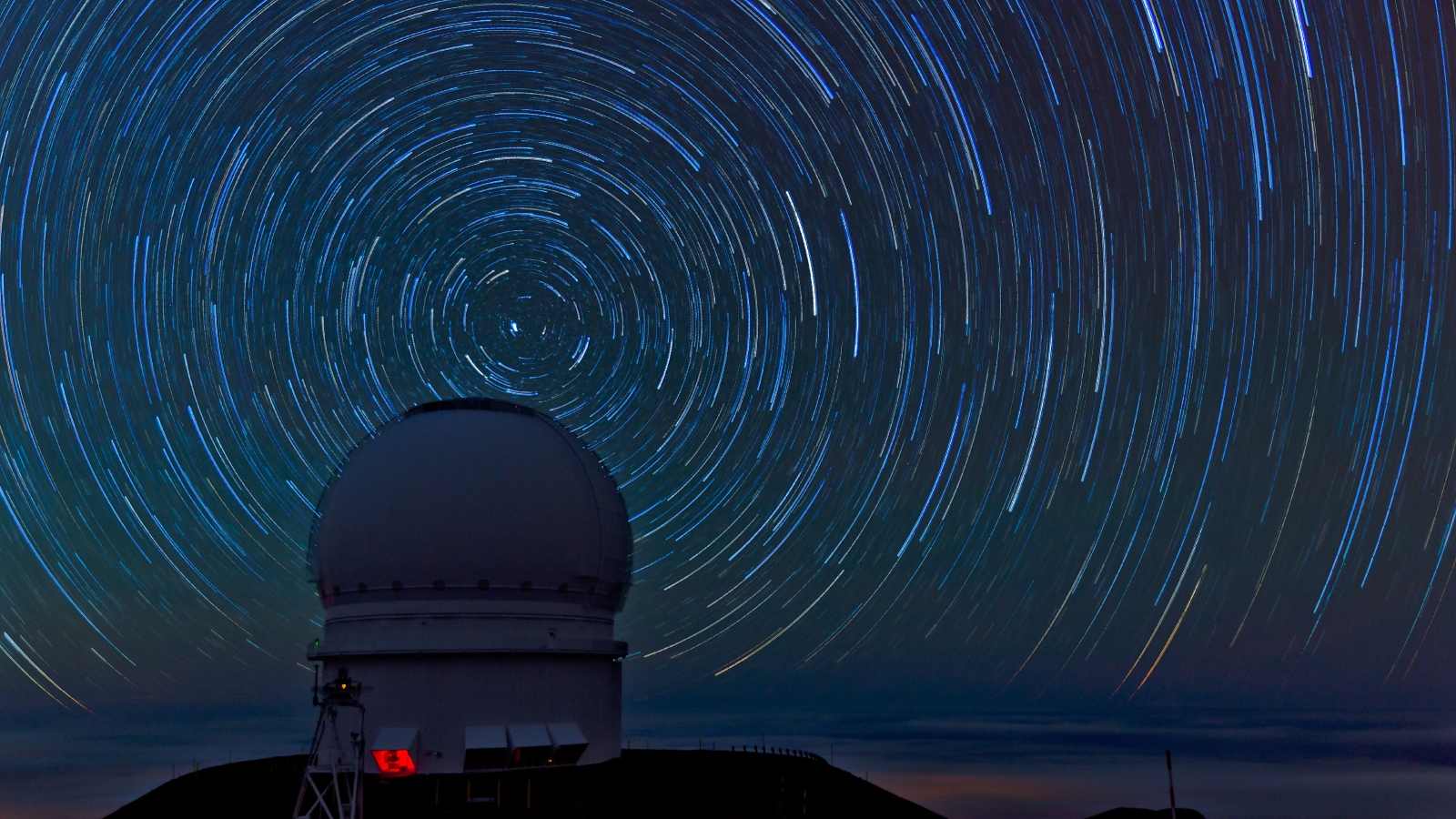
NASA will put a 'new star' in the sky by the end of the decade in 1st-of-its-kind mission
By Harry Baker published
The newly announced Landolt NASA Space Mission will launch a bread box-size "artificial star" satellite that will mimic stars by shining lasers directly at ground-based telescopes. This will enable astronomers to fine-tune instruments and potentially revolutionize how we study the universe.
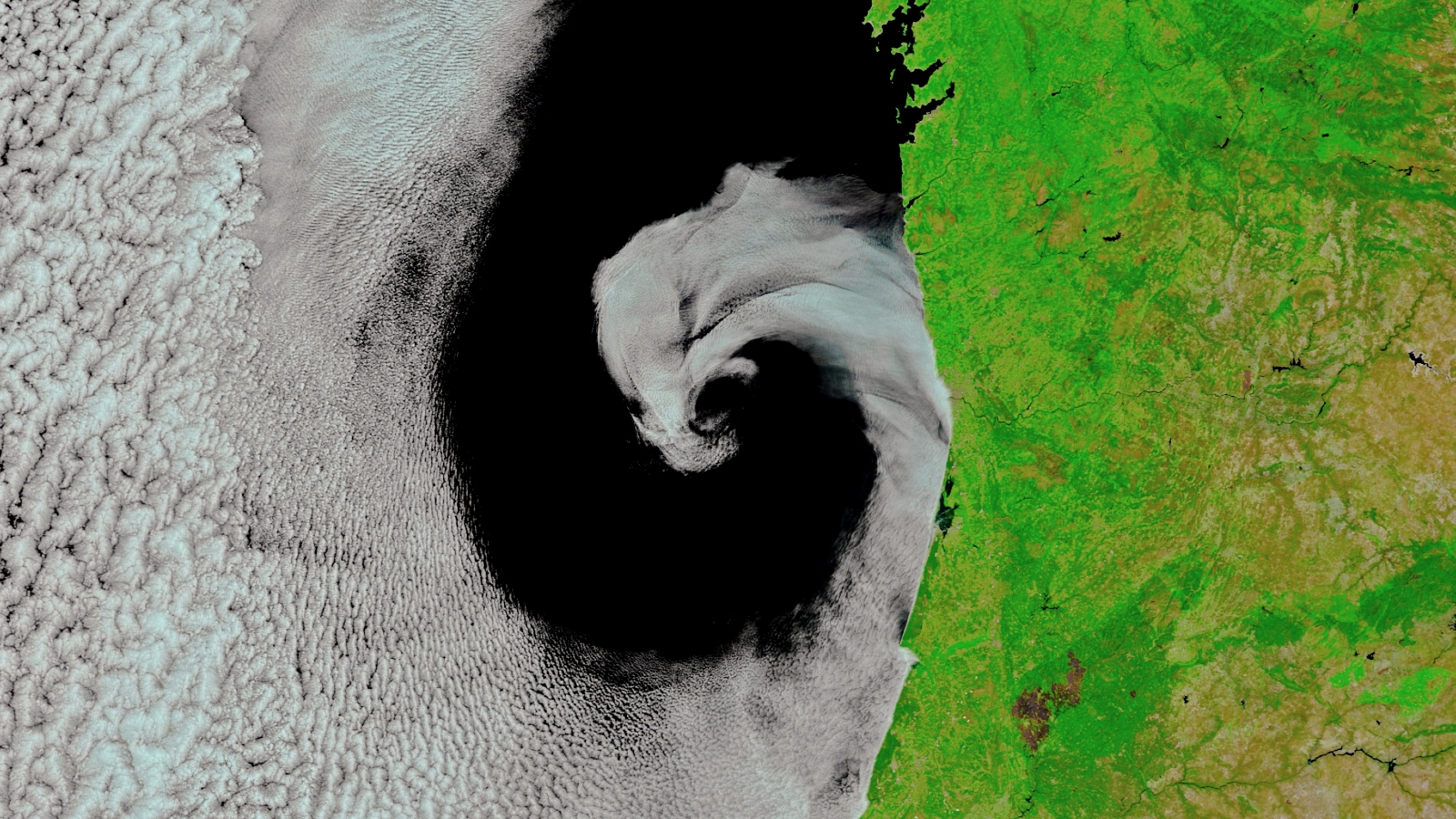
Mysterious, slow-spinning cloud 'cyclone' hugs the Iberian coast
By Harry Baker published
Earth from space This 2017 satellite photo shows an unusual cloud "cyclone" nestled up against the coastline of Spain and Portugal. Researchers are unsure what caused the strange structure's spin, but ocean eddies and an extreme heat wave likely played key roles.
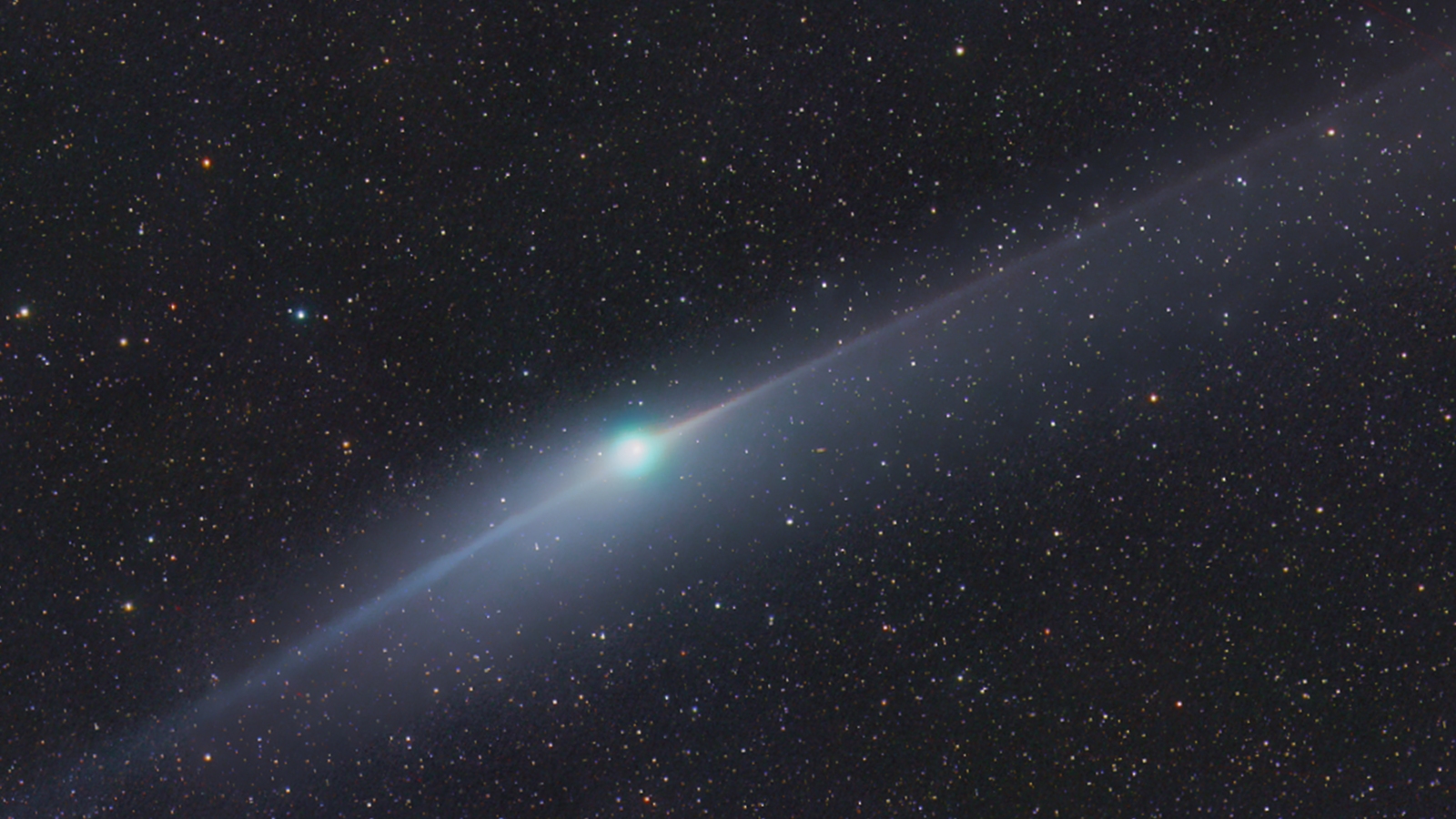
Explosive 'devil comet' grows seemingly impossible 2nd tail after close flyby of Earth — but it's not what it seems
By Harry Baker published
Comet 12P/Pons-Brooks, also known as the devil comet, recently made its closest approach to Earth for more than 70 years. During this close encounter, astrophotographers spotted a seemingly impossible "anti-tail" coming off the comet thanks to an extremely rare optical illusion.
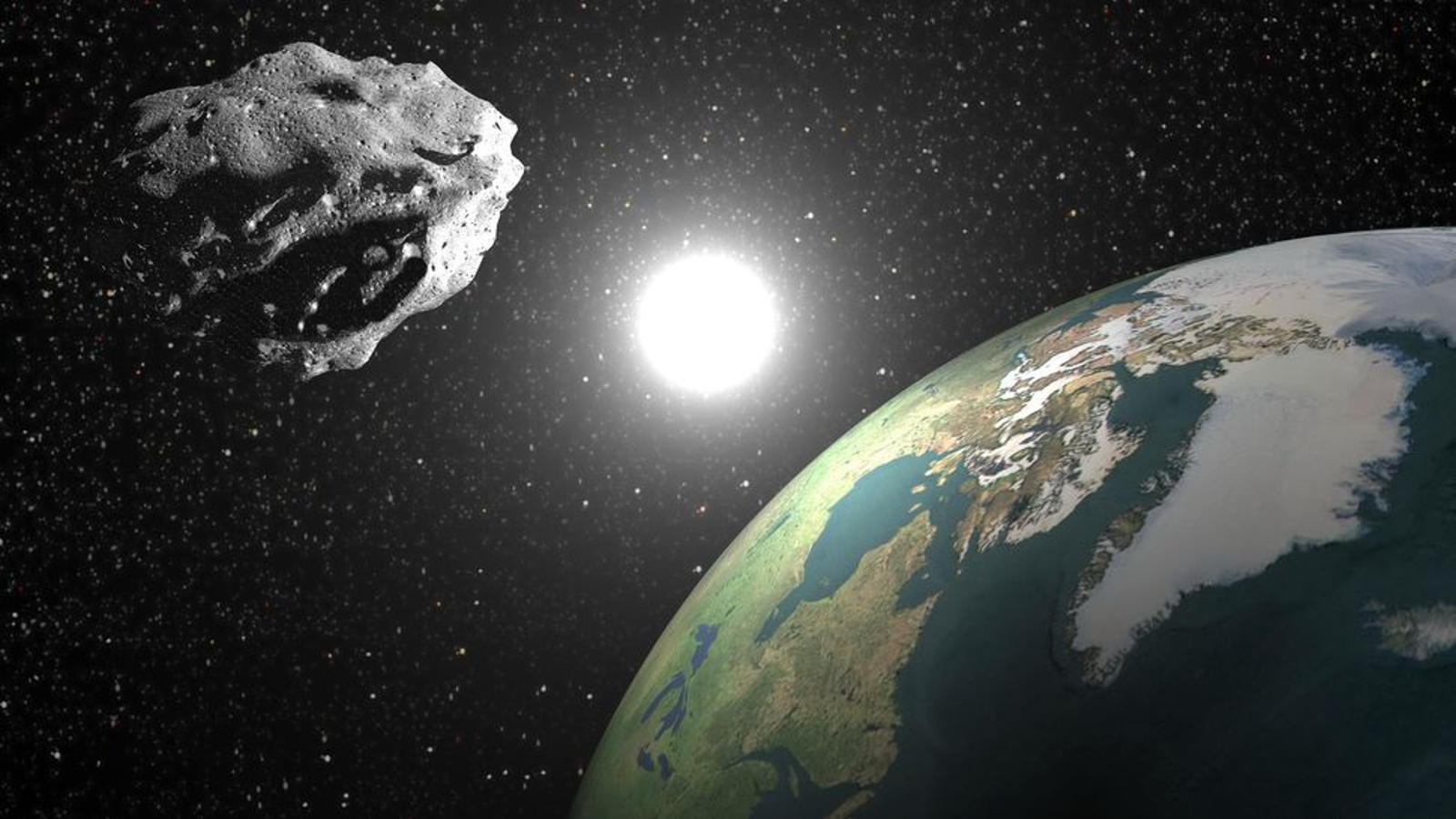
New contest lets you name Earth's 1st 'quasi-moon' for free. Here's how to enter.
By Harry Baker published
A new public competition will allow a lucky astronomy enthusiast to name one of Earth's tiny "quasi-moons." Here's everything you need to know about how to enter the competition for free.
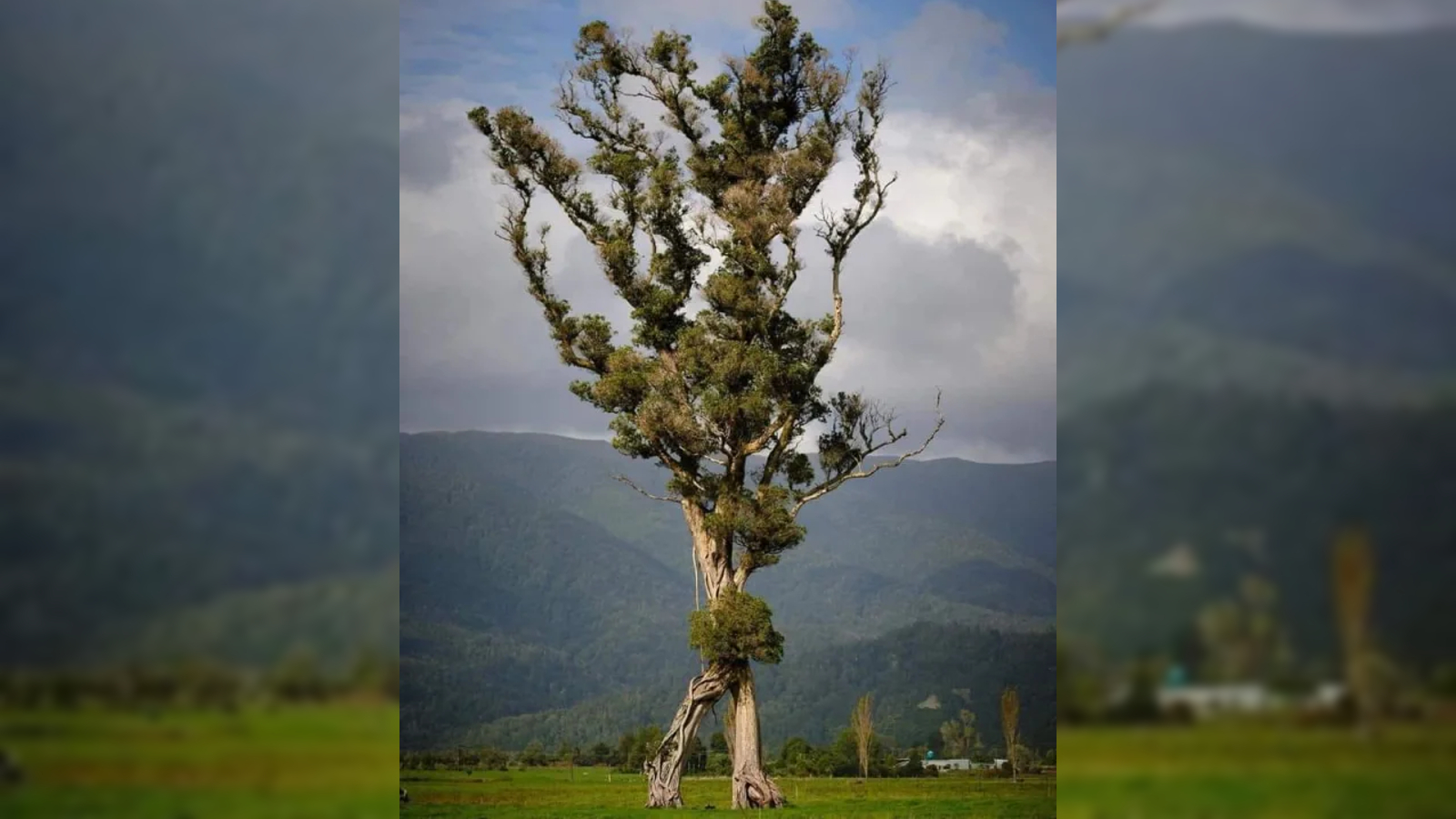
100-foot 'walking tree' in New Zealand looks like an Ent from Lord of the Rings — and is the lone survivor of a lost forest
By Harry Baker published
An unusual northern rātā tree that looks like it is striding across an empty field has been crowned New Zealand's Tree of the Year. The giant plant, which looks strikingly similar to an Ent from "The Lord of the Rings," is centuries old.

Shapeshifting rusty river winds through Madagascar's 'red lands'
By Harry Baker published
Earth from space This 2018 astronaut photo shows the rust-colored waters of Madagascar's Betsiboka River winding through a complex series of mangrove islands. Both the river and islands have been altered in recent years by destructive human practices.
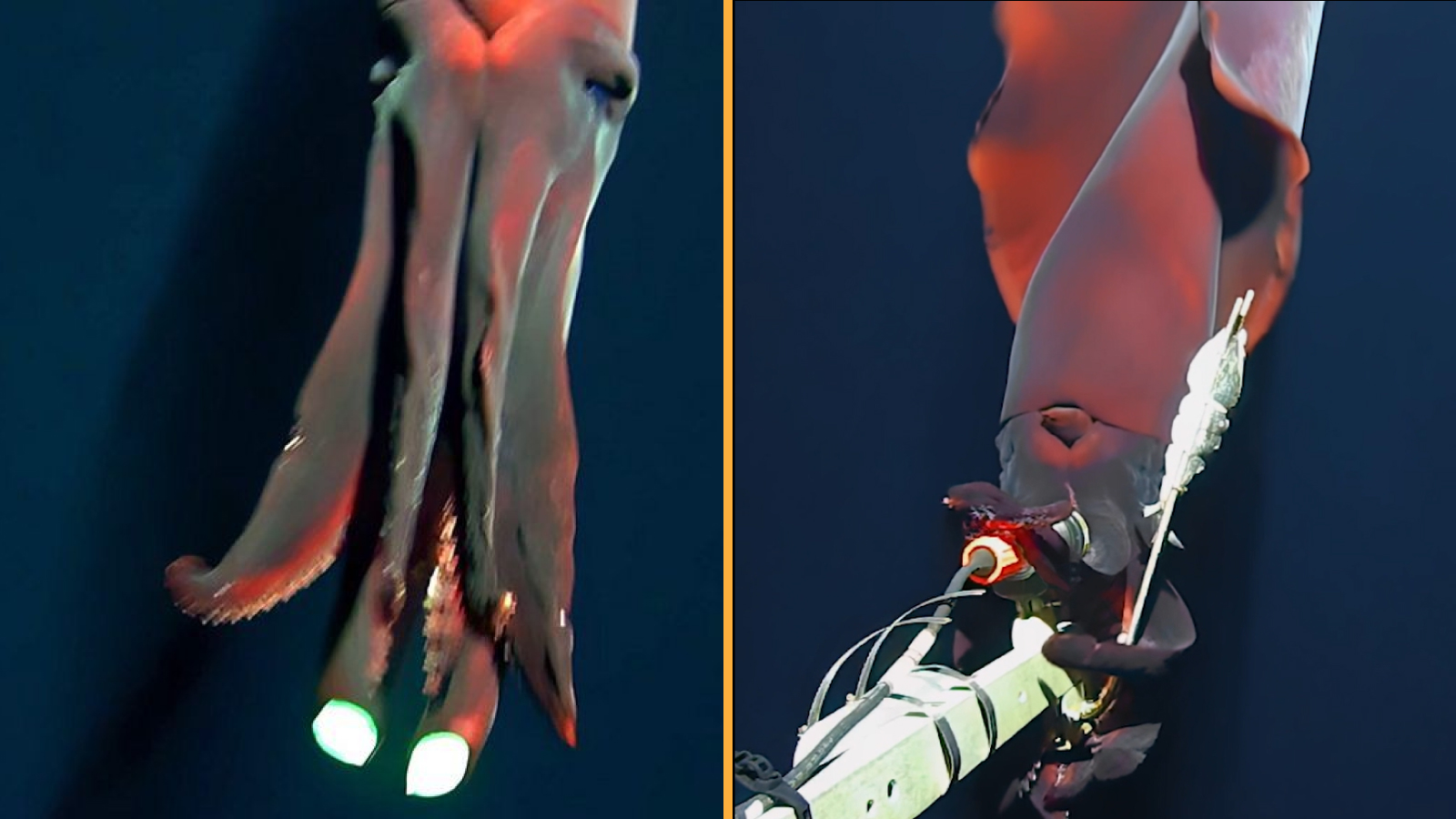
Elusive 'octopus squid' with world's largest biological lights attacks camera in striking new video
By Elise Poore published
Watch rare footage of deep sea "octopus squid" reveal its bioluminescent photophores as it attacks an underwater camera.
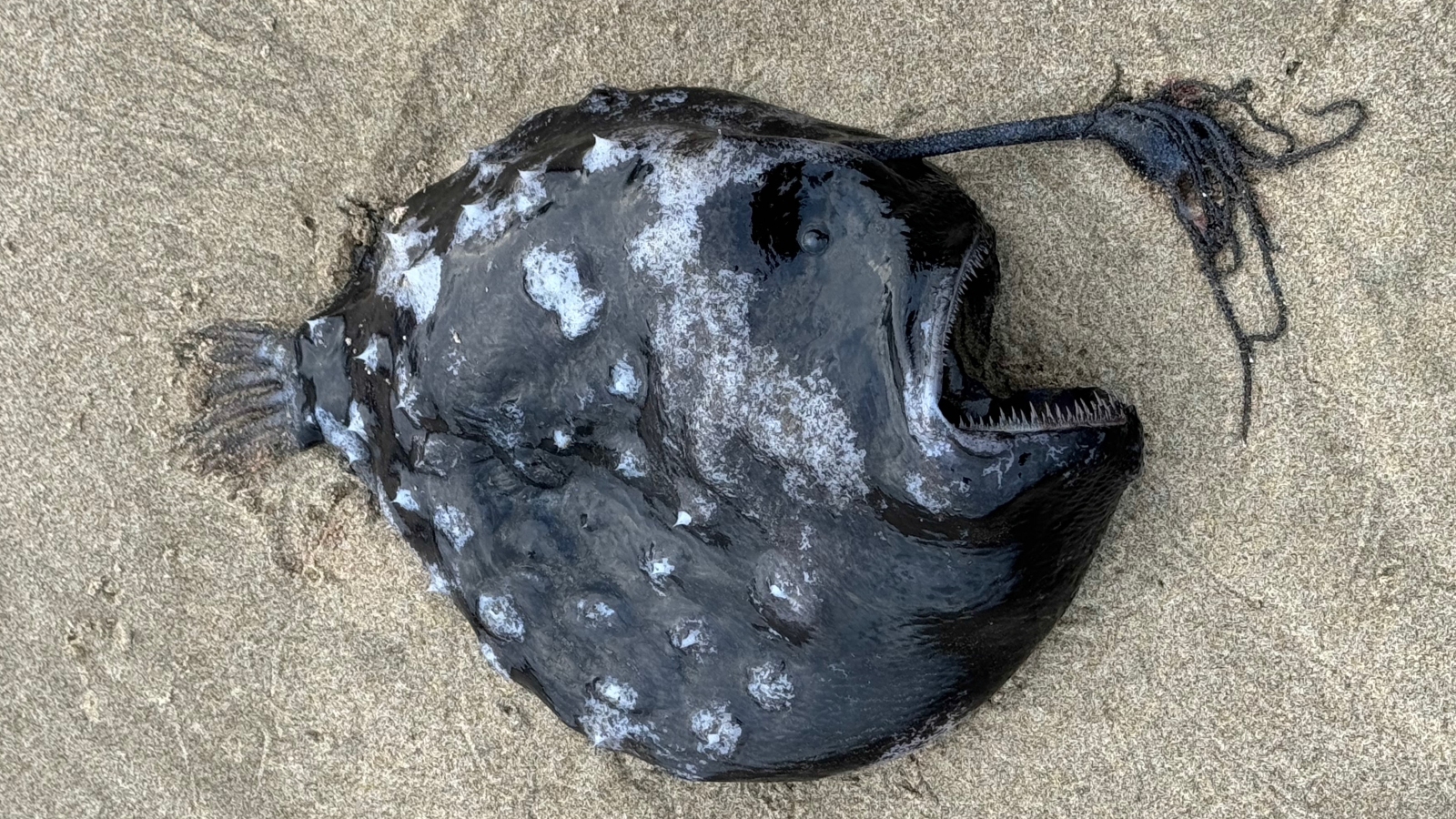
Nightmarish 'footballfish' washes up dead on US beach in potential 1st-of-its-kind occurrence
By Harry Baker published
A female Pacific footballfish was found dead on an Oregon beach — potentially for the first time ever. It is currently unclear what killed the alien-looking creature and how it was dragged up from the depths.
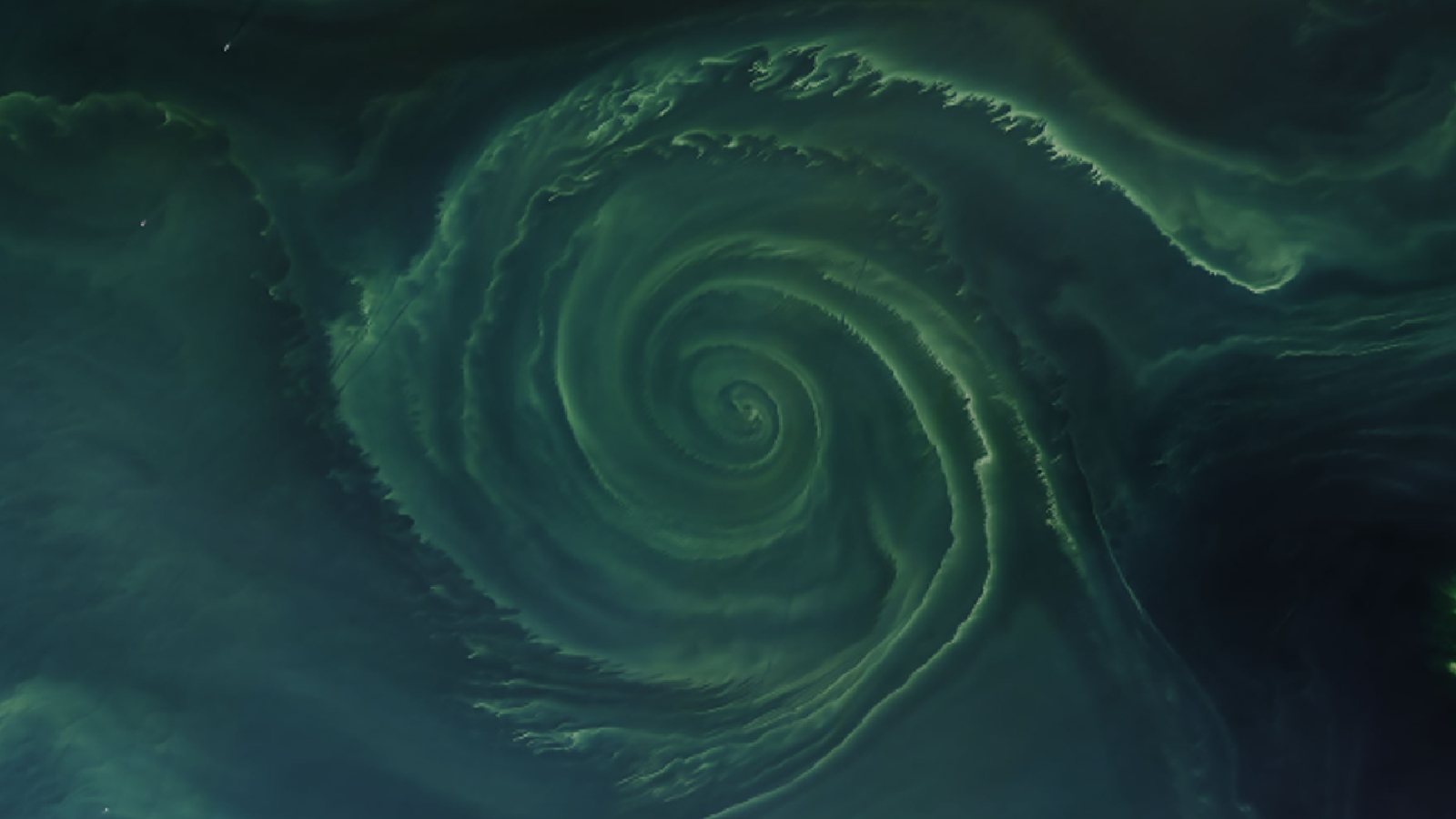
Ethereal algal vortex blooms at the heart of massive Baltic 'dead zone'
By Harry Baker published
Earth from space In 2018, satellite images captured a stunning spiral of cyanobacteria blooming in the Baltic Sea. The swirling mass of microbes helped to create a massive "dead zone" the size of West Virginia that starved the surrounding water of oxygen.
Sign up for the Live Science daily newsletter now
Get the world’s most fascinating discoveries delivered straight to your inbox.
